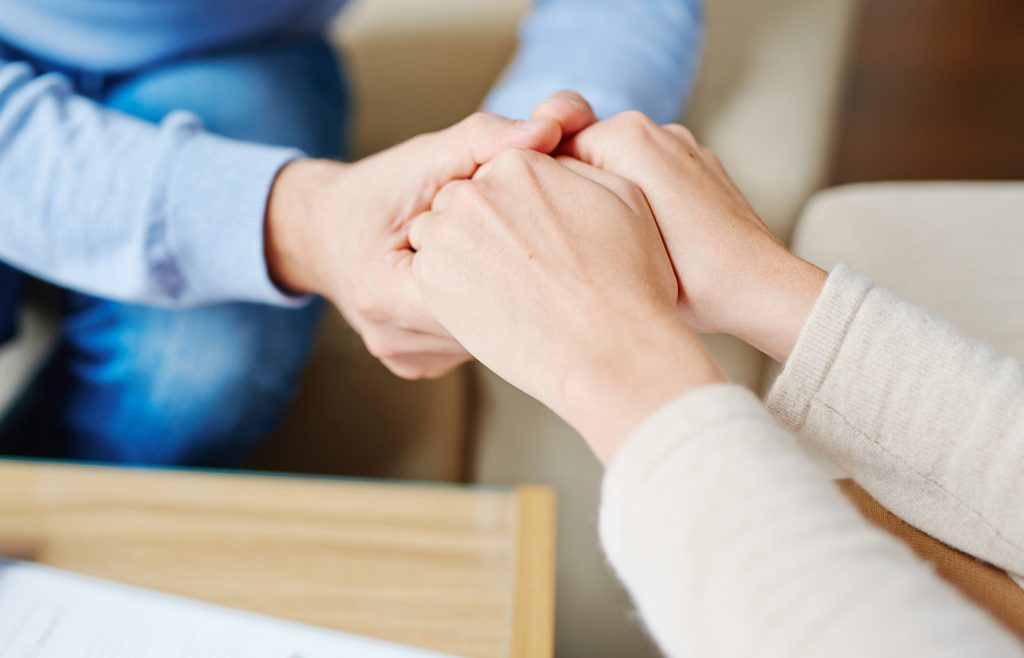
“The Most Dangerous Place for Women Is the Home.” When this recent headline caught my attention, it took me a moment to realize that it might not be referring to fall hazards or kitchen fires. There’s a natural reluctance among many of us to admit to domestic violence or discuss it. Home is our safe place. Right?
But statistically and worldwide, home is the least safe place for women. In 2017, the Des Moines Register reported, “Over the past seven years, an average of 8,400 domestic abuse charges were filed annually in Iowa.” So we should talk.
A New All-Embracing Term
It’s important to know that the term “domestic violence” has been updated to “intimate partner violence” (IPV). IPV expands the scope of domestic violence to include all intimate personal relationships regardless of marital status or gender sexual orientation. IPV includes teen dating.
There are survivors in every Iowa community who are rebuilding from the trauma of IPV. At some point, each one asked for help. They made a call and walked, ran, or drove away from the abuse.
Others feel trapped in relationships where they are isolated, depressed, and ashamed as well as exhausted and confused. They are reluctant and scared to admit their situation. Here are some of the behavioral changes that are noticeable in an abusive relationship:
Behavioral Changes of Note
Your sister, friend, or brother is overly anxious when it comes to pleasing their significant other, always going along with everything their partner says or does. They may constantly report to their partner where they are and what they’re doing.
A coworker gets harassing phone calls from an ex or talks about a current partner’s temper, jealousy, or possessiveness.
Someone in your family or circle of friends now rarely shows up without their partner. This could mean their partner is isolating or limiting their access to money, credit cards, or the car.
A neighbor who used to be confident or outgoing is withdrawn, depressed, anxious, or suicidal.
Your cousin has unexplained and frequent injuries or accidents, and misses work, school, or parties. This could be a sign of physical violence. Clothing can hide bruises or scars.
How To Help
If you are concerned, instead of waiting for that person to confide in you, ask if anything is wrong. Try to express your concern without judgment or blame. Pressuring them or giving advice may not be as helpful as you think. Remember, this is a difficult and dangerous situation for the person confiding in you. Victims in an abusive relationship are experts in the consequences of taking action.
Make sure they have the Iowa Crisis Hotline numbers below. Iowa’s Crisis Centers offer short- and long-term shelter, counseling, and help in understanding the legal system.
Support their decision. The more support they feel, the better the outcome. The Iowa Coalition Against Domestic Violence website is an important resource for victims and their supporters in our state.
This article is the first in a series.
The author would like to thank the staff of the Ottumwa Crisis Center & Women’s Shelter for the support and education they offer Southeast Iowa communities.
